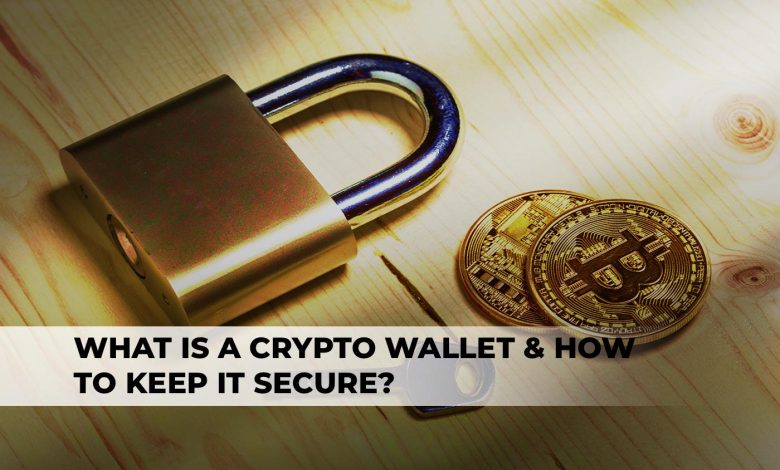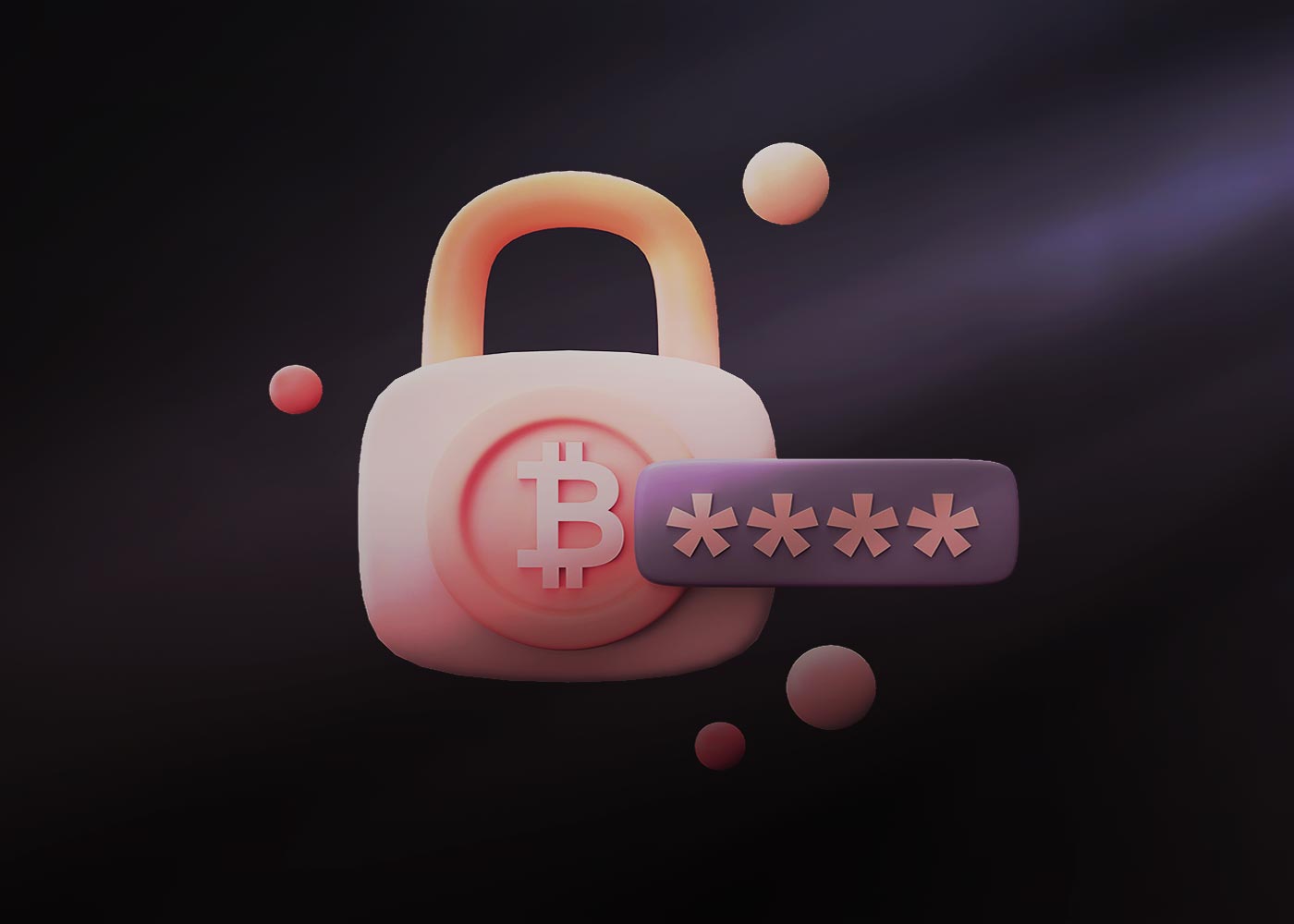
Bitcoin, Ethereum, and Litecoin may all be stored, managed, and transferred using crypto wallets. Although they offer a simple and safe way to manage bitcoins, crypto wallets are nevertheless open to theft, hacking, and other secure risks.
We’ll examine the best practices for cryptocurrency wallet security in this post, including how to pick a safe wallet, safeguard your private keys, and stay clear of typical security hazards.
A Crypto Wallet: What is That?
A sort of digital wallet called a crypto wallet is used to hold, control, and send coins. Hardware wallets, software wallets, and web wallets are the three categories into which cryptocurrency wallets fall.
Hardware wallets are tangible objects that securely store your private keys offline. To access your bitcoin assets, you can install software wallets on your PC or mobile device. Online wallets that are hosted by a different service provider are called web wallets.
A Secure Crypto Wallet
It is crucial to choose a crypto wallet with a solid reputation for security while making your choice. Search for wallets with a robust development staff, a proven track record of security, and audits from independent security companies. Because they keep your private keys offline, hardware wallets could be the safest sort of wallet because they are less susceptible to theft and hacking.

Hold onto Your Keys
Your private keys must be kept safe since they are required to access your cryptocurrency assets. Never divulge your private keys to anyone, and never keep them on a device that can access the internet. To keep your private keys offline, think about utilizing a hardware wallet or a software wallet with robust encryption and two-factor authentication.
Choose Your Password Wisely
When establishing passwords for your cryptocurrency wallet, use strong, original passwords. Refrain from using the same password for several accounts, and steer clear of using passwords that are simple to guess, such as your name or birthdate. To create and save your passwords in a secure manner, think about using a password manager.
Be Careful of Scammers
Phishing schemes are regularly used by hackers to obtain private data. Any emails, texts, or other forms of contact that ask for your private keys or other private information should be avoided. Never send critical information unless you are certain that the sender is legitimate; always verify their origins.
You may be interested in: What Is Dogechain? Does It Have Anything To Do With Dogecoin?







